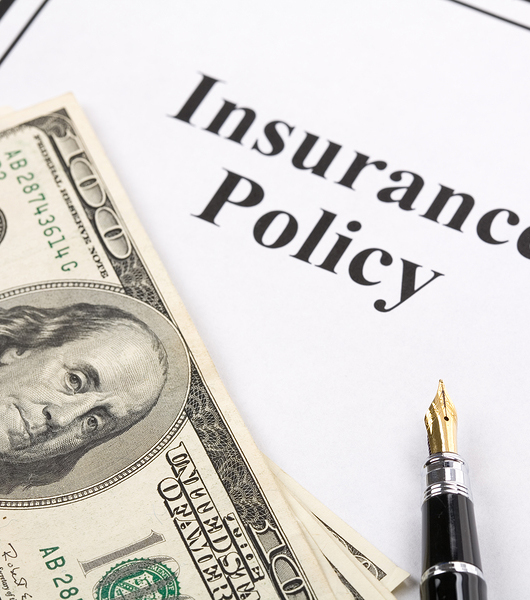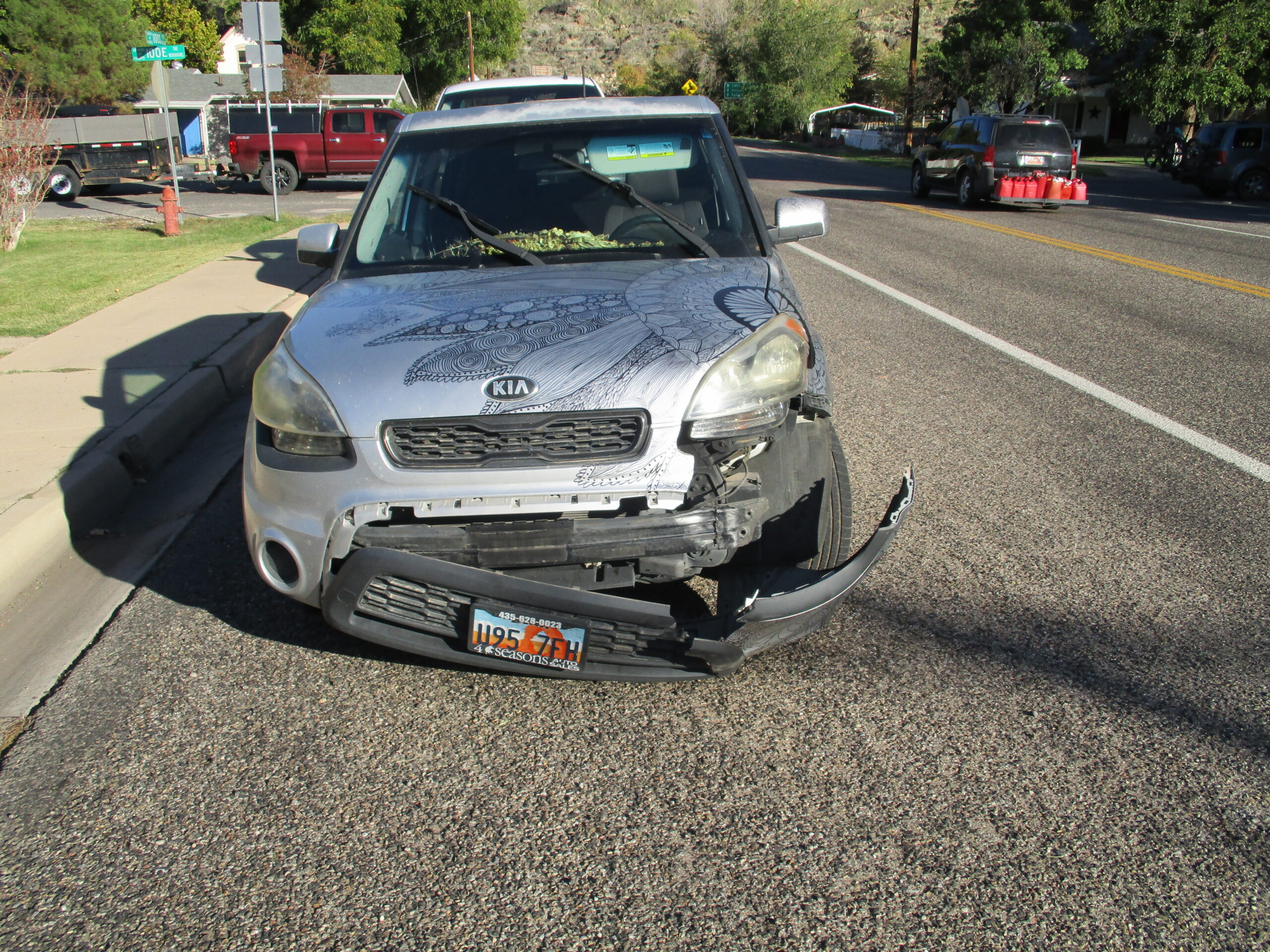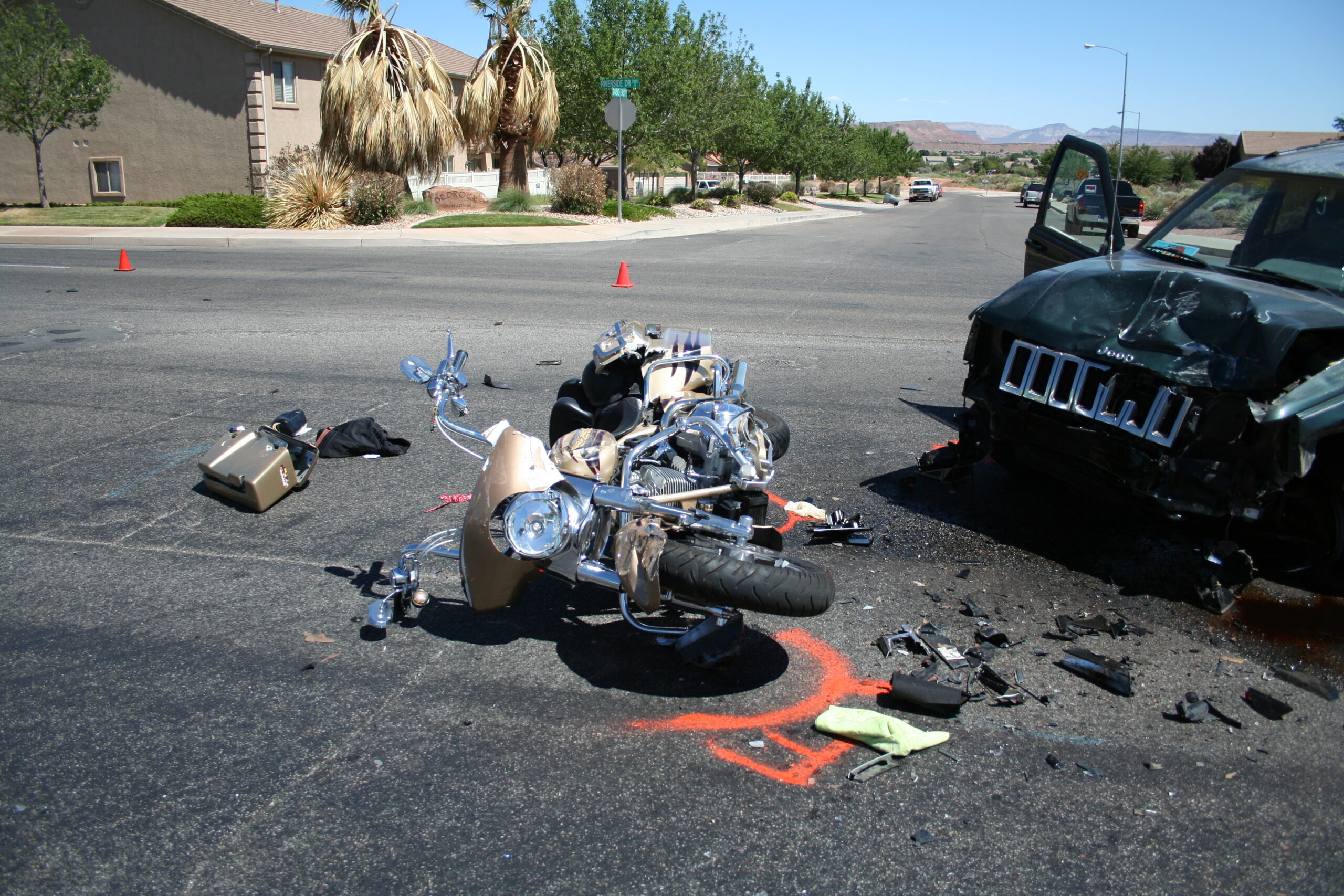
P.I.P Coverage: Personal injury protection coverage is coverage that guarantees that your own insurance company will pay for your own medical bills. In Utah, this type of coverage is required to be $3,000 or more. The reason for this is that Utah has a no-fault law. This means that your insurance will pay up to $3,000 for your injuries after an accident regardless of who’s fault it was. After that amount, you better hope that the other driver has bodily injury liability coverage or that you have uninsured motorist coverage.
Comprehensive/Collision Coverage: This type of coverage is often required by your bank when you take out a loan to buy a car because this is the coverage that covers your own property damage. Banks don’t want to risk you not being able to pay down your loan in the event of an accident. Collision coverage pays to repair your car if you are hit by another vehicle. Comprehensive coverage pays for damage to your vehicle that comes from any source such as theft or vandalism.
Uninsured/Underinsured Coverage: This type of coverage is very important if you would like to feel adequately protected. Very few car accident injuries can be completely taken care of by the $3,000 PIP coverage. So victims often need some of the money available from the at-fault party’s liability coverage. In the event that the other driver does not have coverage, or does not have enough coverage, the uninsured and underinsured coverage’s on your own policy can kick in to protect you.
Barebones insurance policies are quite inexpensive for consumers with good driving records, but it is important to meet with an agent and make sure that you have the right amount of coverage to protect you and your family.
Photo By Directinsurance
This article is offered only for general information and educational purposes. It is not offered as and does not constitute legal advice or legal opinion. You should not act or rely on any information contained in this article without first seeking the advice of an attorney.
WE’RE HERE TO HELP
Get your free consultation today!
CONTACT US


